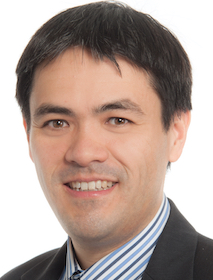Skin tumors, whether benign (Seborrheic Keratosis), premalignant (Actinic Keratosis (AK)) or malignant (Melanoma, Squamous Cell Carcinoma (SCC), Basal Cell Carcinoma (BCC)) are more frequent following organ transplantation. This can be attributed to the immunosuppression induced by immunosuppressive drugs.
Sun exposure has a mutagenic potential in any cell through Ultraviolet light (UV) which induces reactive oxygen species (ROS) and subsequent gene alteration in exposed cell nuclei. Depressed immunity renders affected cells to be underdetected by the body’s immunosurveillance mechanisms (lymphocytes, dendritic cells…)
Moreover transplant recipients with melanoma have a poorer prognosis (click HERE to read more)
Therefore prevention through sun protection (Primary Prevention) and early detection of skin changes through screening (secondary prevention) are required.
The following study from Australia (Quuensland) studied photo-protection and skin surveillance in liver organ transplant recipients:
183 patients were prospectively studied (Alexandra Hospital, Brisbane)
Results show that:
-less than one third of patients do a screening skin check by a doctor every year (or more)
-less than one third of patients practice photoprotection outdoors all the time. However, as all patients with a history of skin cancer they are more likely to do photoprotective measures such as wearing long-sleeved shirts and wear a hat.
Conclusion
-Liver Transplant recipients as well as other transplant risk are at a higher risk of developing agressive skin cancers
–Patient education needs to be improved with regards to Primary Prevention (sun protective behaviors) and Secondary Prevention (regular skin checks (by the General Practitioner or dermatologist)).
Reference: Poser 2394 – Sudipta S, Soyer P et al.. AN OVERVIEW OF THE SKIN SURVEILLANCE AND PHOTO-PROTECTION BEHAVIOURS IN THE LIVER TRANSPLANT RECIPIENTS IN QUEENSLAND, AUSTRALIA. AAD Annual Meeting 2016, Washington DC, USA (United States of America)




 +41 22 738 18 48
+41 22 738 18 48